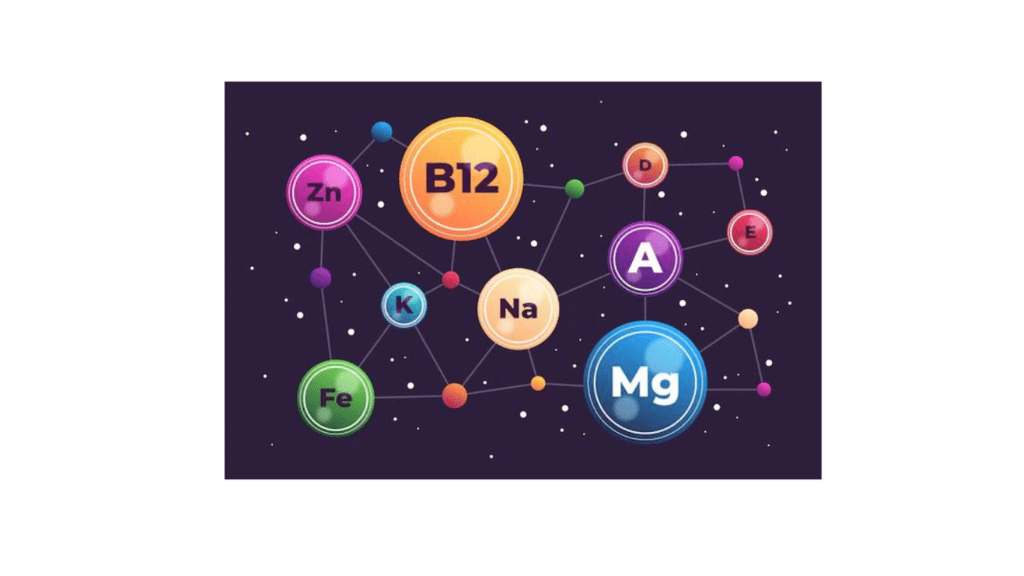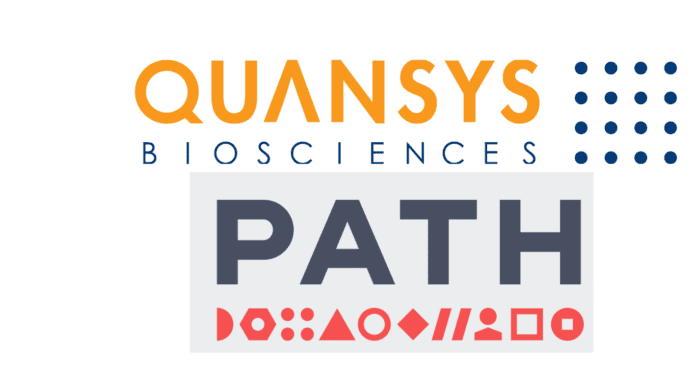Micronutrient deficiencies disproportionately affect women and children in low- and middle-income countries. Such deficiencies can lead to systemic and enduring morbidities in individuals and their children, and if left untreated can contribute to death. The World Health Organization estimates approximately half of deaths in young children are attributable to undernutrition. Public health surveillance programs are needed to identify vulnerable populations at risk and to determine the most appropriate interventions to implement. The viability of such programs, however, depends on cost and accessibility.
Human Micronutrient assay was developed in collaboration between PATH (Seattle, WA) and Quansys Biosciences (Logan, UT). The assay was designed to accurately measure 7 analytes including nutritional and inflammatory biomarkers and biomarkers of malarial infection that are used together to assess micronutrient status. However, deployment was hampered by a lack of clear reference materials and methods for harmonizing values across the micronutrient community. In response to feedback from experts in micronutrient assessment, Quansys Biosciences engaged in new collaborations with PATH and key stakeholders focusing on addressing global micronutrient deficiency concerns.

The new Q-Plex™ Human Micronutrient v2 (7-Plex) features adjusted working ranges for better precision across the physiological range and enhanced sensitivity. Furthermore, Quansys has enrolled in continuous engagement with the Center for Disease Control’s VITAL-EQA and Serum Micronutrient Performance Verification programs to maintain accuracy and reduce bias in testing. Finally, protocol optimization decreased the volume of sample required and removed the requirement for a plate shaker, thus improving accessibility for global use by adding flexibility in specimen collection techniques and reducing equipment needs. Quansys and PATH are proud to be able to offer the global nutrition community an improved tool at a very competitive price to support their ongoing health and nutrition (fortification) interventions.






